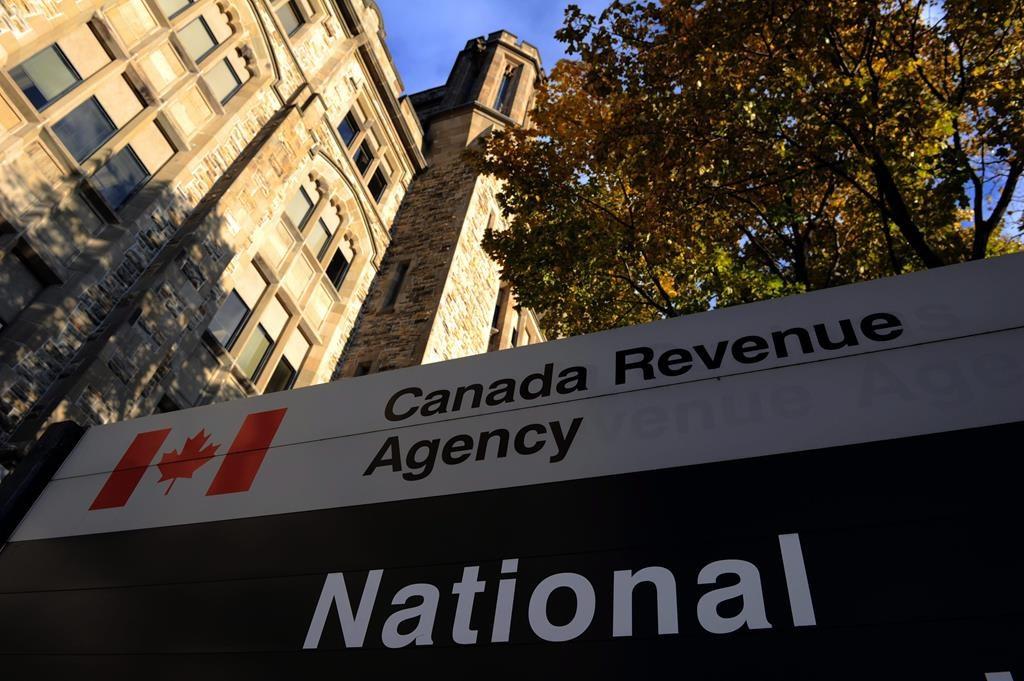Cancer professionals in Canada are raising the alarm on national shortages of three important drugs that have led to hospital staff struggling to find alternatives.
The drugs, which are considered to be a crucial part of Canadian cancer treatment options, are vinorelbine, leucovorin, and etoposide, and are all administered by injection into a patient’s veins.




